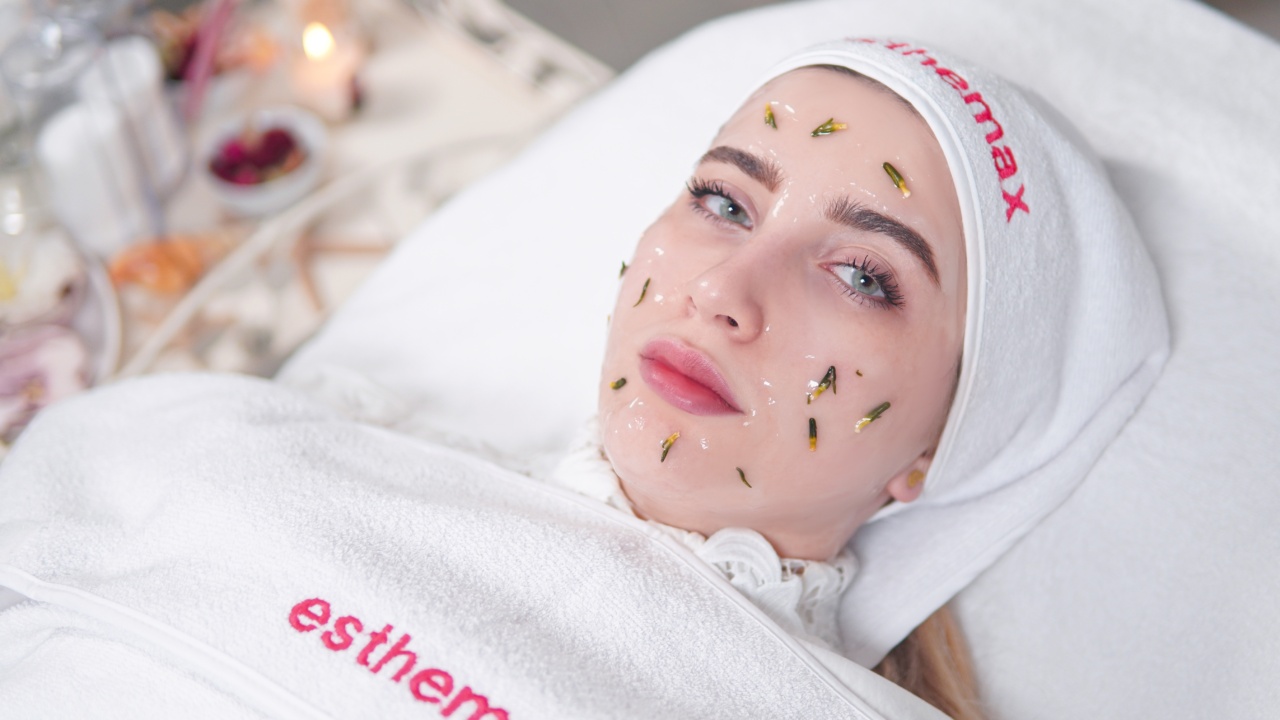If you suffer from atopic skin conditions such as dermatitis or eczema, you know just how frustrating and uncomfortable they can be. The constant itching, redness, and dryness can make your skin feel like it’s on fire.
But fear not, this Atopic Skin Handbook is here to provide you with tips and tricks to help manage and alleviate the symptoms of these conditions.
1. Moisturize, Moisturize, Moisturize
One of the most crucial aspects in managing atopic skin conditions is to keep your skin well-moisturized. Opt for fragrance-free and hypoallergenic creams or ointments that are specifically formulated for sensitive skin.
Apply moisturizer liberally after showering and throughout the day to keep your skin hydrated.
2. Choose Gentle Cleansers
When selecting cleansers for your atopic skin, opt for mild, soap-free, and non-irritating options. Harsh soaps or cleansers with added fragrances can exacerbate symptoms and strip away the skin’s natural moisture.
Look for products with soothing ingredients like aloe vera or chamomile.
3. Avoid Triggers
Identifying and avoiding triggers that worsen your atopic skin conditions is essential for managing flare-ups.
Common triggers include certain fabrics (wool or synthetic materials), dust mites, pet dander, certain food allergies, stress, and extreme temperatures. Understanding your triggers can help you take necessary precautions.
4. Bathe with Lukewarm Water
Hot water can strip away natural oils from your skin, leaving it dry and irritated. Stick to lukewarm water for your baths or showers, and avoid long durations in the water.
Pat your skin gently with a soft towel after bathing instead of rubbing vigorously to lock in moisture.
5. Wear Soft, Breathable Fabrics
Choosing the right clothing can have a significant impact on managing atopic skin conditions. Wear clothes made from soft, natural fibers like cotton or bamboo, which allow your skin to breathe.
Avoid tight-fitting clothing that can rub against the skin and exacerbate irritation.
6. Opt for Fragrance-Free Products
Fragrances can be harsh on atopic skin, causing further irritation and inflammation. Steer clear of scented lotions, perfumes, soaps, and laundry detergents.
Look for products labeled as fragrance-free and hypoallergenic to minimize the risk of triggering a flare-up.
7. Keep Nails Short
Itchy skin can be tempting to scratch, but doing so can break the skin and lead to infections. Keep your nails short to reduce the risk of unintentional scratching and damaging your skin barrier.
If necessary, wear gloves at night to prevent scratching in your sleep.
8. Use Cool Compresses
When your atopic skin is particularly itchy or inflamed, soothing it with cool compresses can provide relief. Take a clean cloth or towel, soak it in cool water, and gently apply it to the affected areas.
The coolness will help calm the itchiness and reduce inflammation.
9. Seek Professional Advice
If your atopic skin condition persists or worsens despite your best efforts, it’s vital to seek professional advice.
Dermatologists can provide you with a personalized treatment plan, including prescription medications or specialized creams to alleviate your symptoms effectively.
10. Practice Stress Management
Stress can trigger or exacerbate atopic skin conditions. Incorporate stress management techniques into your daily routine, such as deep breathing exercises, meditation, yoga, or engaging in hobbies you enjoy.
Managing stress levels will not only benefit your skin but also your overall well-being.





























